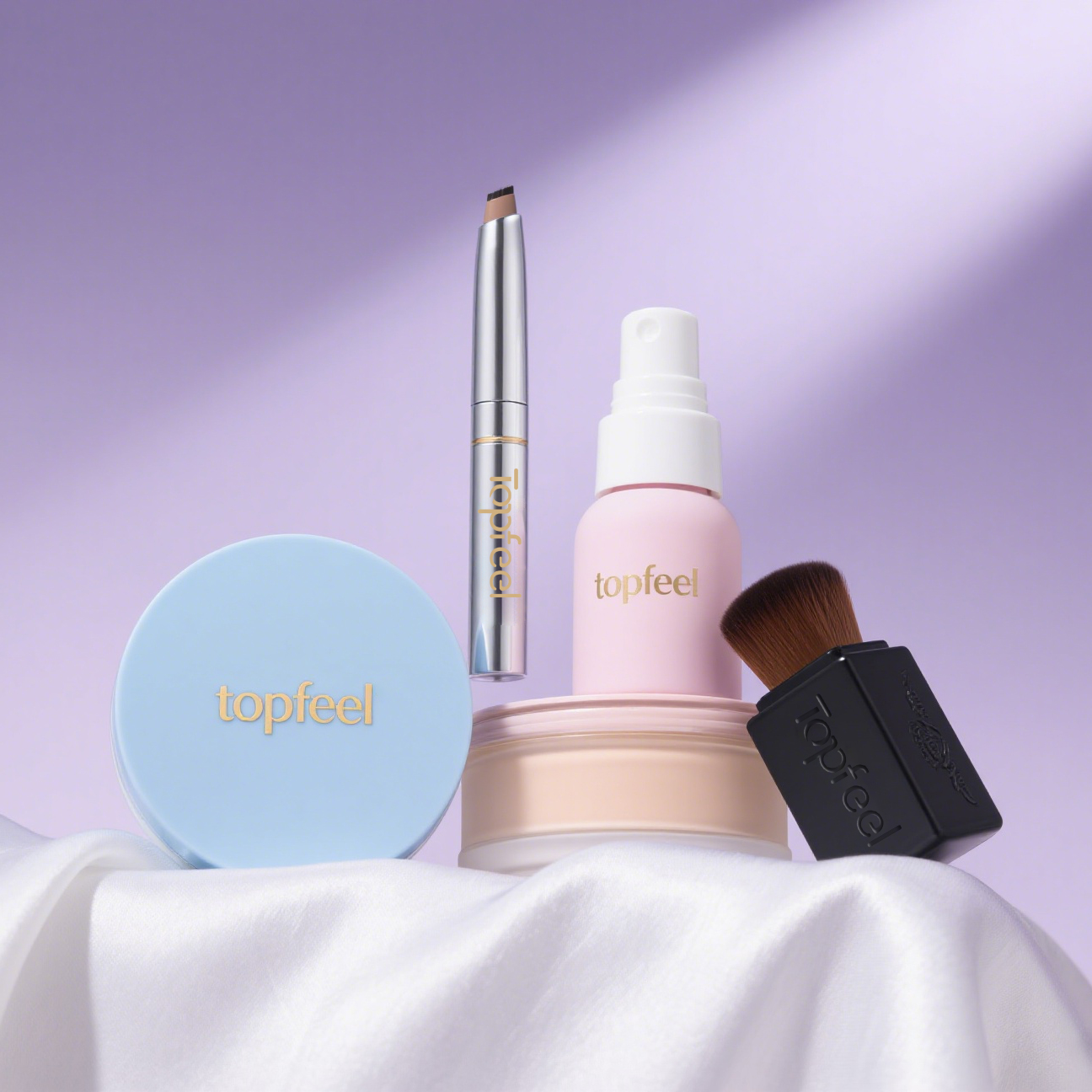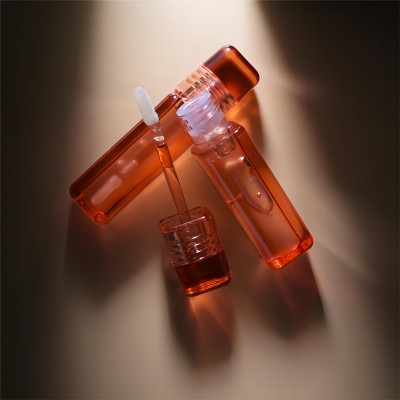How to Profit from Cosmetics Private Label Products: Expert Insights
Published on Octorber 17, 2024 by Yidan Zhong
Private label cosmetics offer a lucrative opportunity for businesses to profit by creating their own unique brand. With expert insights and the ability to customize formulas and packaging, companies can tap into the growing demand for personalized and high-quality beauty products.
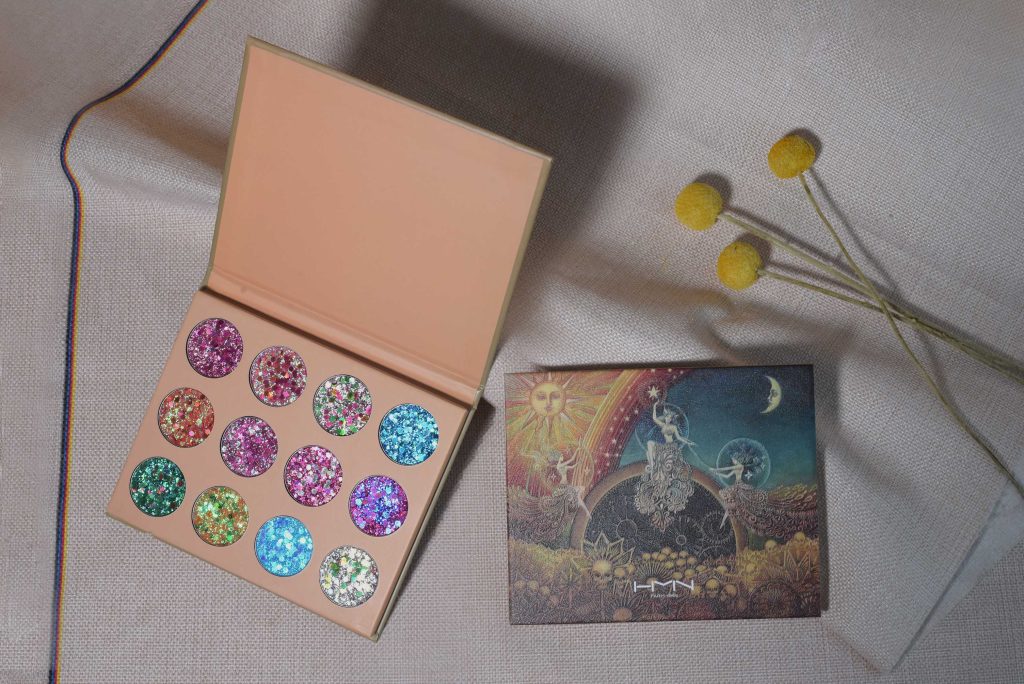
What Are Cosmetics Private Label Products?
Cosmetics private label products are those that are made by a company but sold under a brand name by another company. This approach enables businesses to customize and promote products without having to run their production facilities or invest heavily in research and development . The private label sector in the cosmetics field is constantly changing and provides a wide range of choices ranging from skincare to makeup Businesses can collaborate with manufacturers who have expertise in developing cosmetic formulas packaging and labeling. This allows them to concentrate on marketing and branding tactics to appeal to consumers.
Benefits of Private Labeling in the Cosmetics Industry
There are advantages to labeling in the cosmetics sector that appeal to emerging businesses. Firstly, it enables retailers to command higher profit margins by setting prices in line with their branding strategies without incurring high production expenses. Secondly, private label items frequently cultivate brand loyalty among customers who tend to link certain cosmetics with the retailer endorsing them. Businesses can use this approach to adjust their products according to what customers like and market trends in the cosmetics industry effectively staying ahead of the competition game. Also by utilizing label cosmetics, a brand can develop products that set them apart in a busy market.
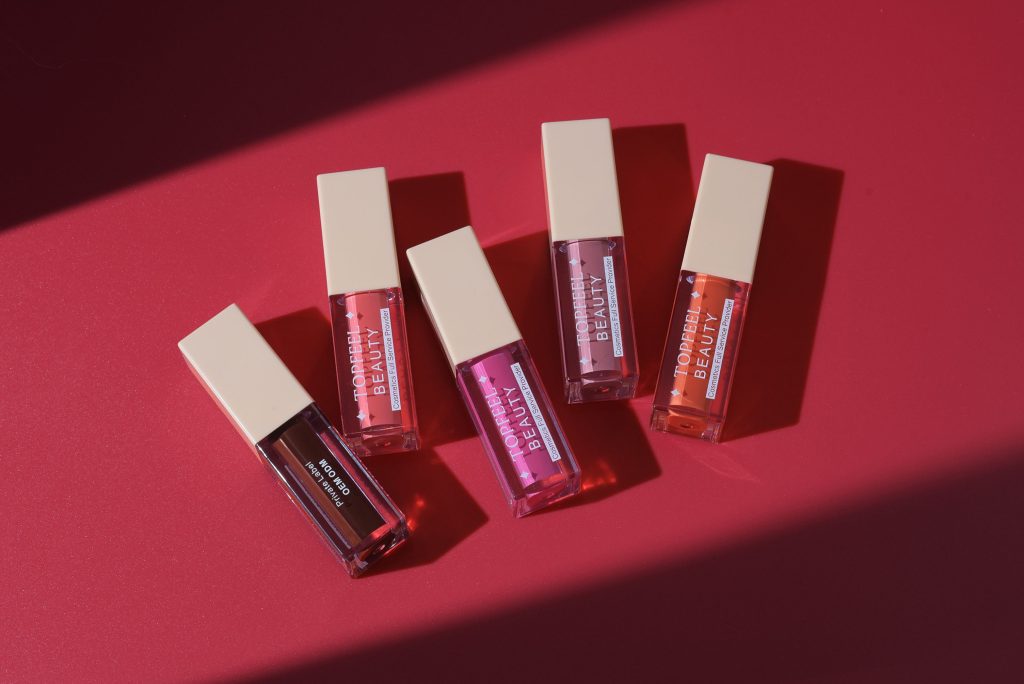
Can You Make Money Selling Cosmetics Private Label Products?
Private label cosmetics offer a lucrative opportunity for entrepreneurs to make money by selling their own branded beauty products. With the market potential for private label cosmetics on the rise, it is a profitable venture for those looking to enter the cosmetics industry. Private label cosmetics allow individuals or businesses to create their own unique brand of beauty products without the need for extensive product development and manufacturing. By partnering with a reputable private label cosmetics manufacturer like Topfeel Beauty, you can customize your own formulas, packaging, and design to create a brand that reflects your vision and meets the demands of your target market.
Market Potential for Private Label Cosmetics
The market opportunity, for label cosmetics is quite substantial as more and more customers are looking for products that provide both quality and affordability. The beauty industry has seen a rise in customized beauty items which has led to an increase in sales within this sector. Additionally, the surge of online shopping has created opportunities, for selling these items to consumers. Companies that can promote their features and target specific customer groups are expected to benefit from this increasing interest. As consumers grow more mindful of the components used in their beauty products nowadays private-label businesses focusing on eco-sustainable formulations could seize an opening.
Key Revenue Streams in Private Label Cosmetics
Businesses that sell label cosmetics can generate revenue through channels apart, from direct consumer sales like selling to salons and boutique retailers or offering subscription box services that deliver curated cosmetic selections to customers regularly through different platforms such, as retail stores and e-commerce websites. In conclusion, working together with influencers can boost the visibility of a brand leading to increased sales and improving the reputation of the brand, in the cosmetics industry.
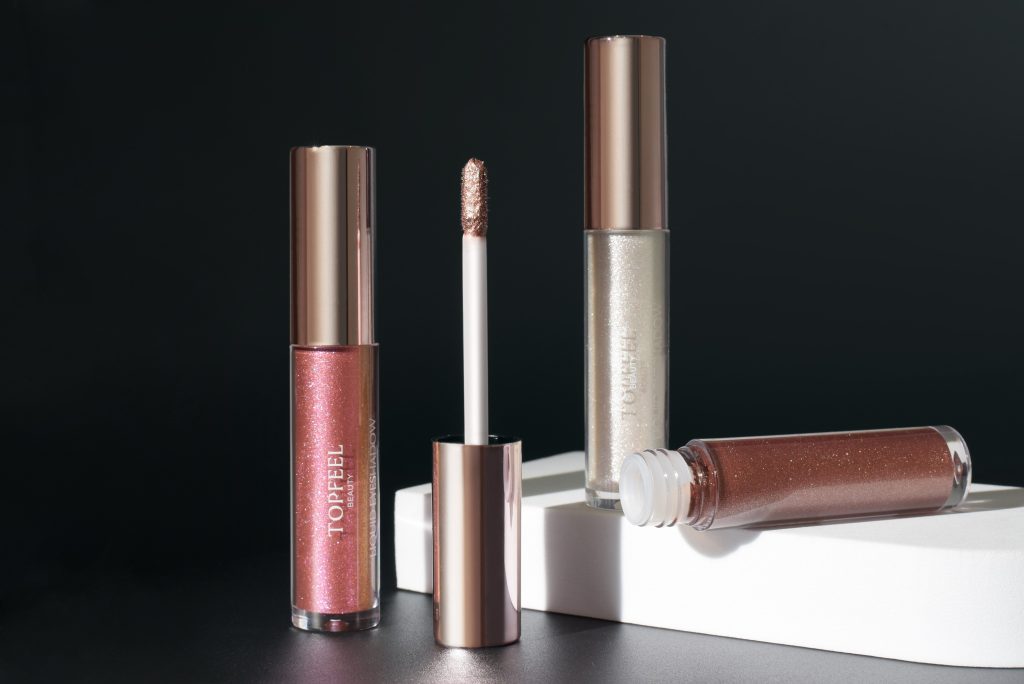
Examples of Profitable Product Categories
High-Demand Categories in 2025
The cosmetics private label sector has witnessed expansion, in product categories in 2025. Growth can be seen notably in skincare products that emphasize hydration and anti-aging due to rising consumer interest in skin health. Additionally, natural and organic ingredient-based products are gaining popularity suggestive of a move toward beauty. Customizable shades and formulations for makeup items are particularly attractive as they cater to a variety of skin tones. Consumers are showing a preference, for personalized products. Hair care continues to be popular as private label companies expand their product lines to include shampoos and conditioners designed for hair types while also offering styling products.
Why Customization Matters in Cosmetic Choices?
In the cosmetics industry label sector today tailoring products to match preferences and identities is crucial. By offering beauty solutions brands can greatly improve the customer journey, building loyalty and encouraging repeat buying. Customization spans, from choosing ingredients to designing packaging and communicating brand values. Companies that successfully connect with their customer’s unique wants and needs can stand out in a market gaining customers and boosting sales performance in the long run.
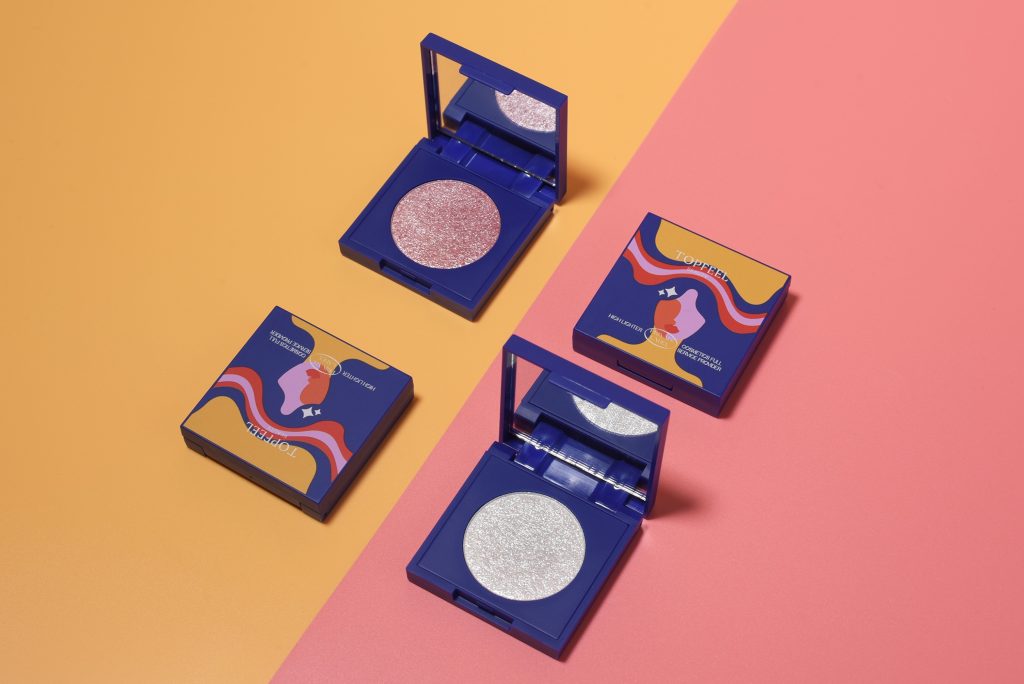
How to Start a Private Label Cosmetics Business
When starting a private label cosmetics business, one of the crucial steps is selecting the right manufacturer for your products.
Choosing the Right Manufacturer for Your Products
Choosing a supplier is a part of starting your line of cosmetics under a private label brand name. Enter the partnership ensures that you receive quality products on time and, in line with industry standards. It’s important to investigate suppliers who have expertise in custom formulations for labels and hold certifications demonstrating our commitment to product safety and excellence. Recommending companies, like Topfeel Beauty Company Limited can help newcomers pick partners that provide formulation choices and design possibilities to elevate their brand’s introduction into the market.
Topfeel Beauty is a well-established Private Label Cosmetics Manufacturer that has been operating since 2009. With over a decade of experience in the industry, we specialize in providing comprehensive makeup solutions, ranging from eye makeup to applicators. The company is committed to delivering top-quality cosmetics by ensuring professional procedures in every step, including product design, manufacturing, quality control, stock, and packaging. Overall, Topfeel Beauty is a trusted partner for OEM/ODM cosmetic supply.
Key Steps to Launch Your Line
Starting a line of cosmetics under your brand requires going through a series of important stages to ensure success. Firstly is the thorough examination of the market landscape to pinpoint any opportunities in the cosmetics industry where your products can stand out and meet customer needs effectively. Next is the importance of understanding what consumers like and dislike to curate a product selection that resonates with their preferences. Establishing a brand image that includes a name and logo alongside impactful messaging plays a vital role in leaving a memorable mark on your target audience. Subsequently testing formulations becomes imperative to guarantee the quality and effectiveness of your products while also complying with all regulations. To successfully position the brand in a market environment requires strategic marketing tactics such, as implementing digital advertising strategies and forming partnerships with influencers.
Regulatory Compliance and Quality Control
It’s crucial, for brands in the cosmetics industry to uphold standards to build trust with consumers and steer clear of issues. They need to follow rules established by agencies like the FDA in the US regarding labeling accuracy and safety of ingredients and product assertions. Establishing a quality control system that includes safety and effectiveness testing processes can boost the credibility of their products even more. By monitoring operations and adapting to evolving regulations over time in the cosmetics label market, one can ensure adherence to standards and achieve sustained success, in the long run.








